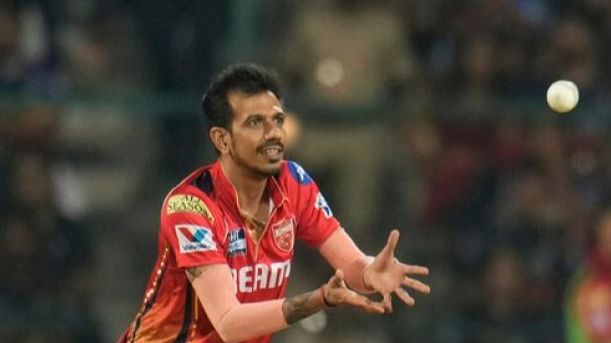Large corporations are typically spread across cities, with branches in several states. Under GST, branches are considered as separate legal entities. However, certain input services could be procured by the head-office and used by it as well as branches. Say, payroll services, or software maintenance services, to name a few. The
input tax credit
available against the service procured cannot be used by the head-office alone but has to be appropriately attributed to its branches too.
Until now, the head office could either cross charge and bill the branches or adopt the Input Service Distributor (ISD) mechanism to transfer the appropriate input tax credit. The Interim Budget bars sharing of input tax credit by a head office with its branches in respect of common input services procured from third parties. It has made the mechanism of an
ISD
mandatory.
While the Goods and Services Tax Council meeting on 11 July 2023, had clarified that the
ISD mechanism
is not mandatory for distribution of such input tax credit, it had recommended that an amendment be made in the GST law to make the ISD mechanism mandatory prospectively.
‘The flexibility of choosing between a cross charge or ISD mechanism has been taken away, which could impact working capital for certain taxpayers and invoke change in their existing business processes. Also, all offices including Head office or Branches which are availing the common services from a third-party, have to obtain separate ISD registrations, over and above their existing GST registrations and ensure compliance - such as filing of the returns.” states
Uday Pimprikar
,
Partner and National Indirect tax Leader
, EY India.
When services are imported, the GST is payable under reverse charge mechanism – the liability is not on the exporter, but the recipient in India.
Deepak Joshi
, advocate,
Supreme Court
, points out that, “Earlier, the head-office acting as an ISD could not have distributed input tax credit of tax paid under reverse charge under the ISD mechanism. The Budget proposal allows distribution of such credit on which tax has been paid under reverse charge. As an example, on import of HR consultancy by a head office for its branch offices, the tax paid on import of such services under reverse charge would now be eligible to be distributed to the concerned branch offices through the ISD head office.”
“The proposed amendment to make the ISD route mandatory, will necessitate a review of inter-branch transactions and potential changes in business processes and compliance. This change may also trigger new disputes between taxpayers and GST authorities, underscoring the need for clarifications before implementation,” states
Sudipta Bhattacharjee
, Partner, Khaitan and Co.












 English (US) ·
English (US) ·